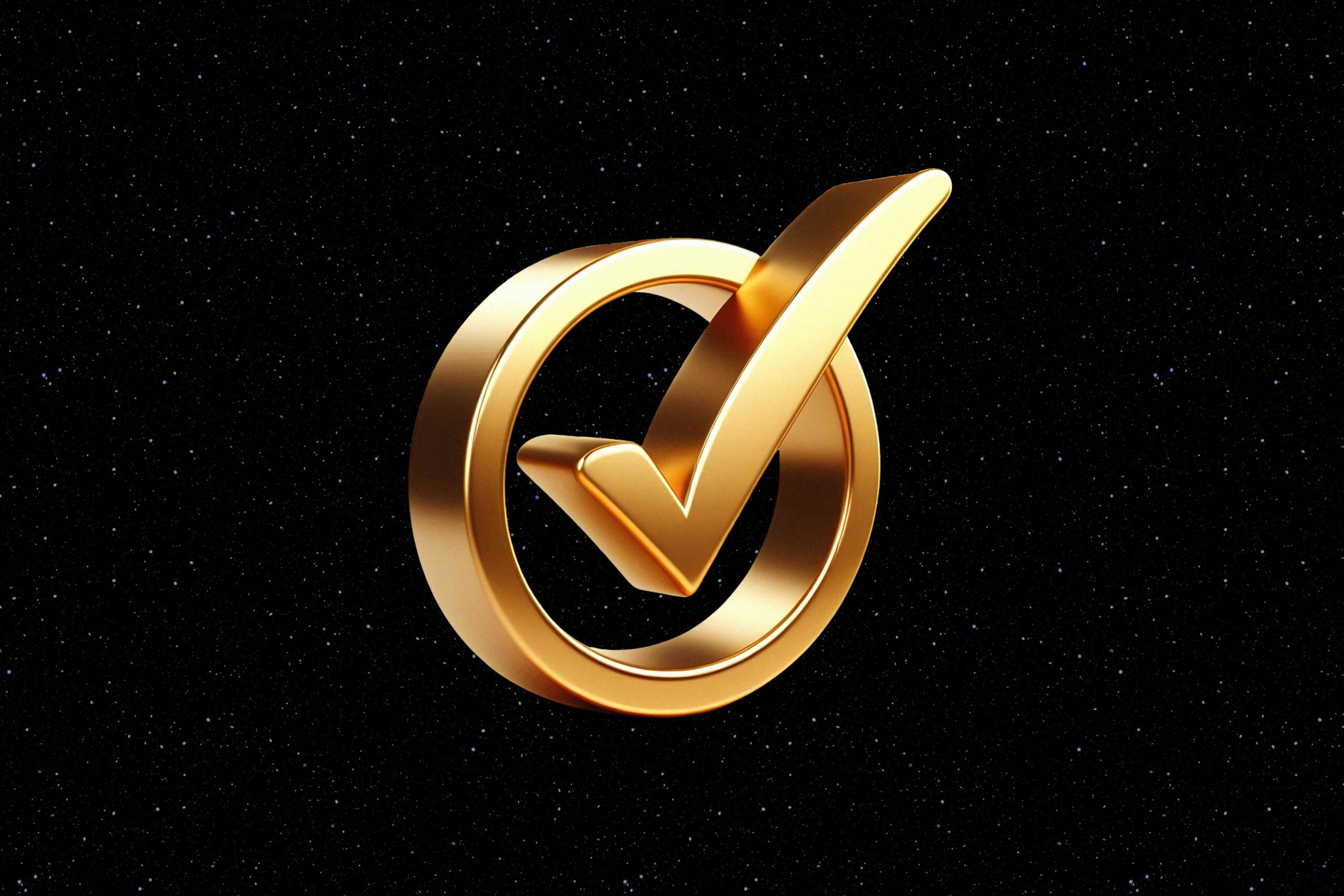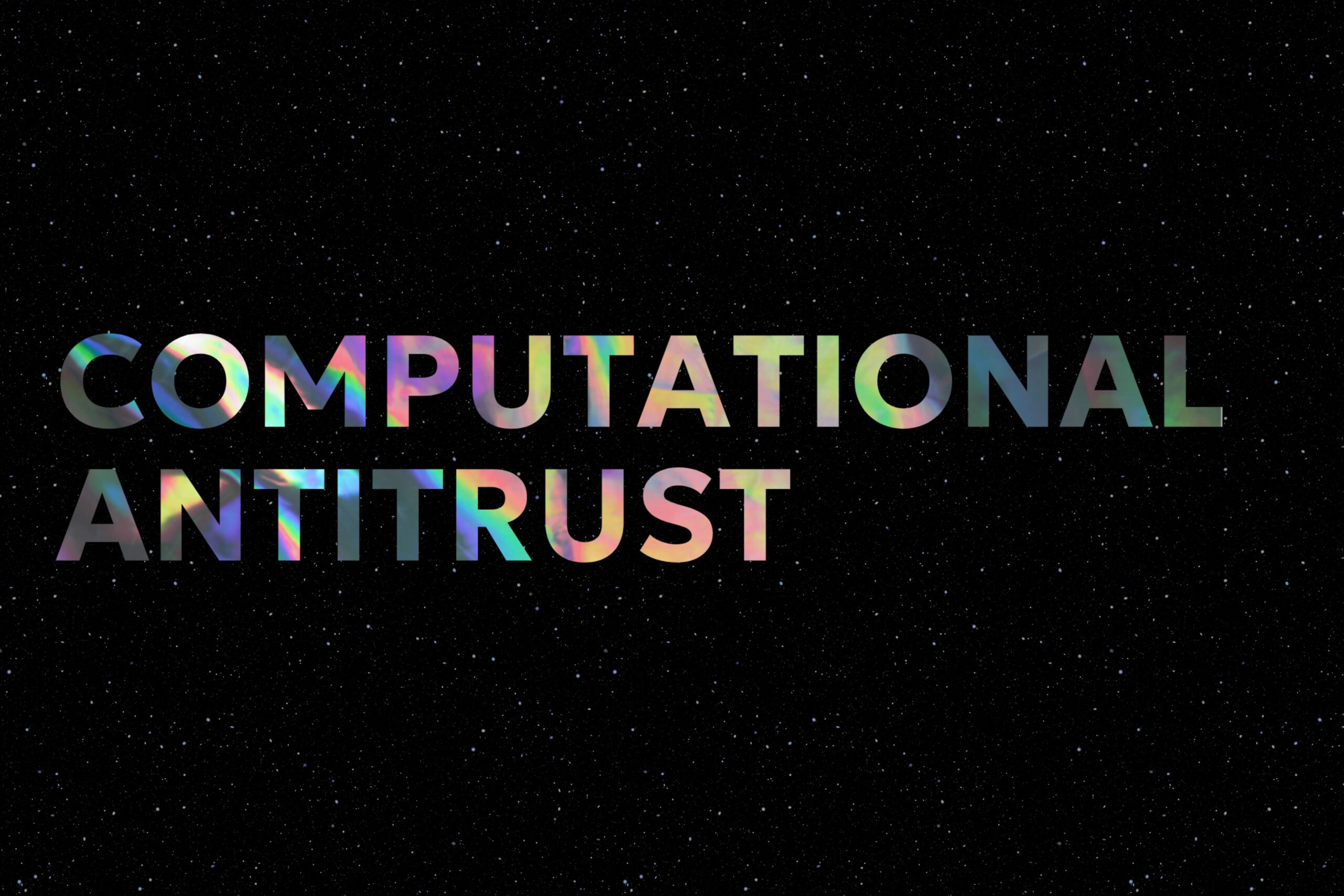Here is a video I made to promote “Blockchain + Antitrust: The Decentralization Formula”.
Transcript:
In the beginning, there was… nothing. And then humans. And with humans came the technology. And laws. And laws regulating the technology. The first one they identified dates back to 1754 BC with the Code of Hammurabi, which regulated the negligent opening of a canal for irrigation. OK, let us speed up a bit in time. Welcome to the nineties. Internet is taking over the world. The cypherpunks want to escape legal rules, but policymakers are coming back at them. The confrontation between law and technology is in full swing.
Now, it’s 2008. Halloween day. Satoshi Nakamoto publishes the Bitcoin white paper introducing blockchain. The technology is adopted by hundreds of millions of users, but everything remains to be done in terms of policy and interactions with legal systems. My book, “Blockchain + Antitrust: The Decentralization Formula”, proposes a new dynamic. Instead of adopting a “law & technology” approach looking at problems from one angle at the time, this book introduces a “law + technology” approach that combines the two. Differently put, law and technology have been confronting one another without exploring possible synergies for nearly 4000 years. This long tradition has to stop. I propose we start with blockchain and antitrust.
But why should they be combined? Why not designing our legal rules without the objective of preserving the technology, especially if that technology is used to infringe the law? And why should blockchain developers and miners and users and foundations and the entire ecosystem care about implementing technical changes to facilitate legal enforcement? Well… because it benefits them, and us. Both blockchain and antitrust seek the decentralization of economic opportunities. And in fact, not only do blockchain and antitrust have the same focus, but they also complement one another. This is the hypothesis I test and validate in this book.
To be more specific, here’s what you will find in it. In Part One, I explain that antitrust and blockchain pursue a common goal: freeing ecosystems from coercion, being economic, technical, etc. In short, they ensure decentralization. I explore what decentralization means in this context and how it translates in practice. I explain that blockchain eliminates the trustees that antitrust seeks to constrain, and that antitrust can be used to free blockchain from the illegal practices that the code alone cannot prevent or stop. Once again, they are great compliments. This observation should guide our actions in the field. And let me be clear here, cooperation between blockchain and antitrust implies dealing with what I call mutual aggressions. One cannot force long-lasting cooperation merely by sweeping the sticking points under the carpets.
Part Two of the book is dedicated to those frictions that appear when blockchain communities and users infringe antitrust law, and when antitrust policy and enforcement endanger blockchain survival. I analyze all past and current cases of blockchain antitrust and explore how blockchain will be used to infringe even more antitrust rules in the future, be it within the blockchain ecosystem or outside. More specifically, I focus on how smart contracts will strengthen collusion, the design of monopolization practices, and address the topic of mergers between blockchains.
In Part Three of the book, I explain that these aggressions should be tackled with the objective of preserving both blockchain + antitrust. If not, regulators and blockchain communities will decrease the other’s ability to help AI. I so explain how to proceed, discuss the type of enforcement activities that we need, the kinds of remedies to consider, how to shape regulation, and which technical changes should be tested and implemented.
In the end, the stakes are high. Antitrust is at the very center of most discussions about big tech companies. It will soon be equally prevalent in blockchain ecosystems. We need to prepare the cooperation between law and technology in this space and act upon it. We will then extend th “law + technology” movement beyond antitrust. Join us!








